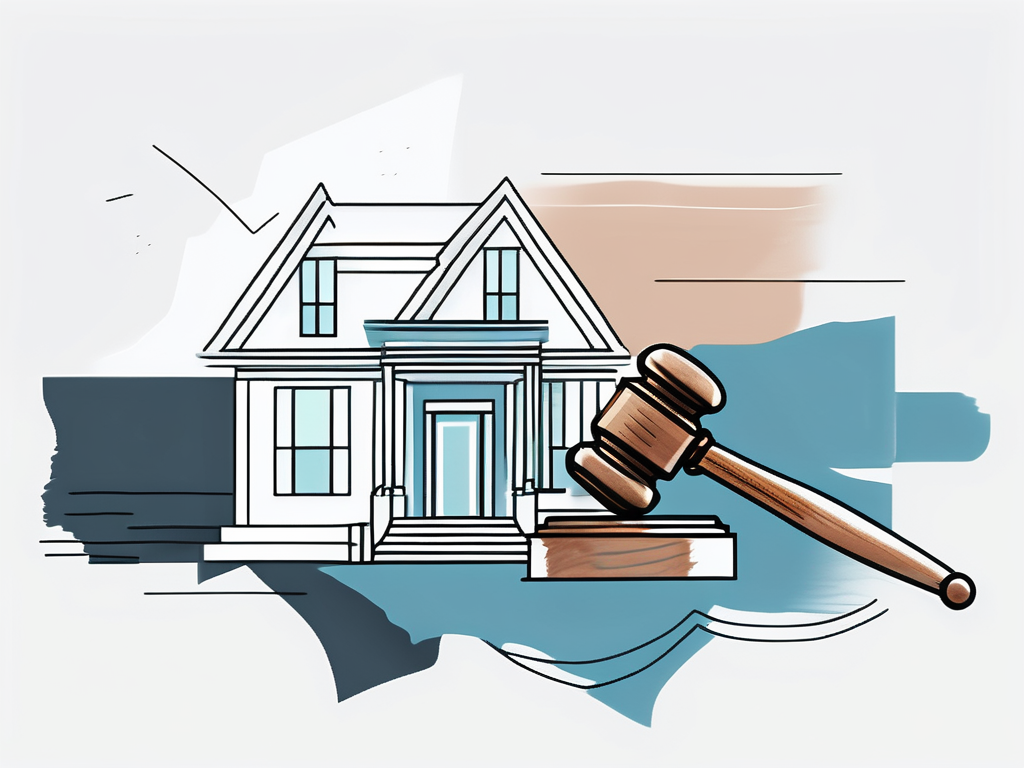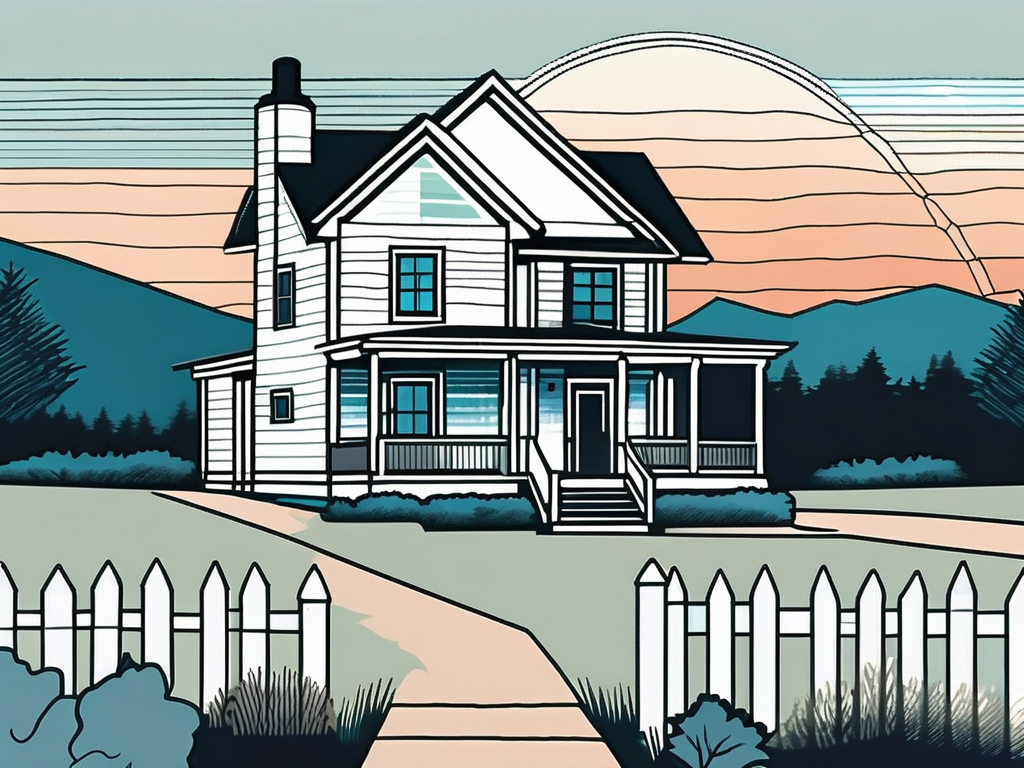The Comprehensive For Sale By Owner Checklist in North Carolina
Deciding to sell your home by yourself, also known as For Sale By Owner (FSBO), can be a daunting task, especially in the state of North Carolina. However, with the right preparation and a detailed checklist, you can navigate the process smoothly. This guide will provide you with a comprehensive checklist to help you successfully sell your property in North Carolina.
Understanding North Carolina's Real Estate Laws
Before you embark on the FSBO journey, it's crucial to understand North Carolina's real estate laws. These laws govern the sale of property and protect both the buyer and the seller. Familiarizing yourself with these laws will help you avoid legal pitfalls and ensure a smooth transaction.

One of the key laws to understand is the North Carolina Residential Property Disclosure Act. This law requires sellers to provide buyers with a disclosure statement detailing the condition of the property. Failure to comply can lead to legal consequences.
Another important law is the North Carolina Real Estate Commission's rules on advertising. These rules regulate how you can market your property, including the information you can include in your listing and the claims you can make about your property.
Seeking Legal Advice
While it's possible to sell your property without a real estate agent, it's advisable to seek legal advice. A real estate attorney can guide you through the legal intricacies of selling a property in North Carolina. They can also help you draft the necessary legal documents and ensure that you comply with all the relevant laws.
Additionally, an attorney can help you negotiate the terms of the sale with the buyer. This can be particularly useful if you're selling a high-value property or if the buyer is represented by a real estate agent.
Preparing Your Property for Sale
Once you've familiarized yourself with North Carolina's real estate laws, the next step is to prepare your property for sale. This involves making necessary repairs, staging your home, and getting a home inspection.
Making repairs is essential to ensure that your property is in the best possible condition. This can range from fixing leaky faucets to repainting walls. Remember, a well-maintained property is more likely to attract buyers and command a higher price.
Staging your home involves arranging furniture and decor to showcase your property's best features. A well-staged home can help potential buyers visualize themselves living in your property, making it more appealing.
Getting a Home Inspection
While not mandatory in North Carolina, getting a home inspection can be beneficial. A home inspection can uncover potential issues that could derail the sale. By addressing these issues beforehand, you can prevent surprises during the buyer's inspection.
Moreover, a home inspection can give you a better understanding of your property's value. This can be useful when setting your asking price.
Setting the Right Price
Setting the right price for your property is crucial. Price your property too high, and you may struggle to find a buyer. Price it too low, and you risk leaving money on the table.
To determine the right price, you'll need to conduct a comparative market analysis (CMA). A CMA involves comparing your property to similar properties that have recently sold in your area. This can give you an idea of what buyers are willing to pay for a property like yours.
Keep in mind that the real estate market in North Carolina can vary significantly from one city to another. Therefore, it's important to compare your property to similar properties in your specific location.
Consider Hiring an Appraiser
If you're unsure about setting the right price, consider hiring a professional appraiser. An appraiser can provide an unbiased assessment of your property's value, taking into account factors like the property's condition, location, and recent sales of similar properties.
While hiring an appraiser comes at a cost, it can be a worthwhile investment. An accurate appraisal can help you set a competitive price, attracting more buyers and increasing your chances of a quick sale.
Marketing Your Property
Once your property is ready for sale and you've set the right price, the next step is to market your property. This involves creating a compelling listing, taking high-quality photos, and advertising your property.

Your listing should highlight your property's best features and provide all the necessary information, including the number of bedrooms and bathrooms, square footage, and any unique features. Remember to comply with North Carolina's advertising rules when creating your listing.
High-quality photos are crucial in attracting buyers. Consider hiring a professional photographer to ensure that your property is presented in the best light. If possible, include a virtual tour to give potential buyers a better feel of your property.
Advertising Your Property
There are several ways to advertise your property in North Carolina. You can list your property on online real estate platforms, post signs in your yard, and use social media to reach a wider audience.
Keep in mind that effective advertising involves targeting the right audience. Consider who your potential buyers are and tailor your advertising strategy accordingly. For example, if you're selling a family home, you may want to target families looking for a new home in your area.
Completing the Sale
Once you've found a buyer, the final step is to complete the sale. This involves negotiating the terms of the sale, signing a purchase agreement, and closing the sale.

Negotiating the terms of the sale can be challenging, especially if the buyer is represented by a real estate agent. Remember to stand your ground and don't be afraid to counteroffer if the buyer's offer is too low.
Once you've agreed on the terms, you'll need to sign a purchase agreement. This is a legally binding contract that outlines the terms of the sale, including the purchase price, closing date, and any contingencies. Make sure to review the agreement carefully before signing.
Closing the Sale
The final step is to close the sale. In North Carolina, closing must be conducted by a licensed attorney. The attorney will ensure that all the necessary documents are signed and that the funds are transferred correctly.
Once the sale is closed, the property title will be transferred to the buyer. Congratulations, you've successfully sold your property in North Carolina!





